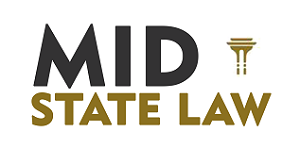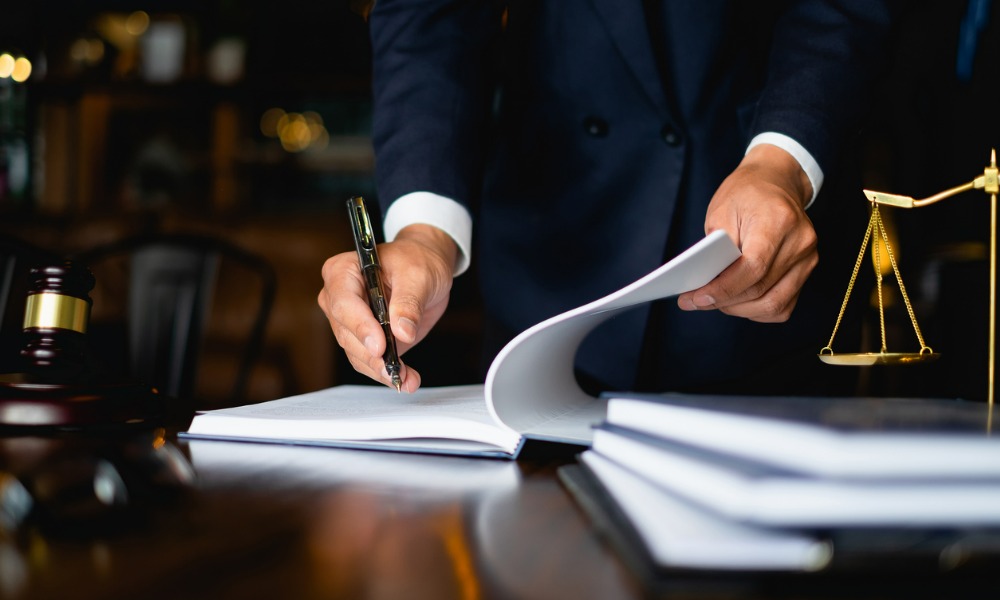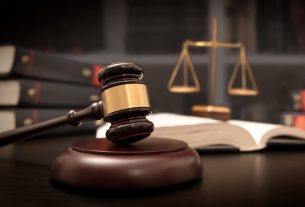When facing criminal charges, the stakes are high. Your reputation, finances, and freedom are on the line. That’s why having an experienced and savvy criminal defense lawyer by your side is crucial. Criminal lawyers utilize many effective strategies to build the strongest possible defense for their clients.
Investigate thoroughly
A top criminal lawyer will leave no stone unturned when investigating your case. They will meticulously examine all evidence, police reports, and witness statements. Background checks on key witnesses are conducted to uncover any credibility issues or biases. Your attorney will visit the crime scene to get familiar with the physical layout and look for any irregularities. Smart lawyers even hire private investigators to dig deeper when needed.
Attack weaknesses in the prosecution’s case
Skilled criminal law firm in London, UK meticulously analyze the prosecution’s case for any weak points or logical inconsistencies. Holes in the testimony of prosecution witnesses are highlighted. Your attorney will challenge any assumptions or assertions not supported by hard evidence. The juries demand solid proof beyond a reasonable doubt to render a guilty verdict. So if the prosecution’s case has flaws, those become prime targets. Your lawyer’s goal is to raise reasonable doubt by exposing gaps and questioning the credibility of the prosecution’s evidence and witnesses.
Use legal technicalities
The law contains many complex technicalities. Smart criminal attorneys use those to benefit their clients. Whether it is getting evidence dismissed because proper protocols weren’t followed, highlighting procedural errors that violated your rights, or using obscure laws you may not have broken technically – legal technicalities provide opportunities. Experienced lawyers stay up to date on new laws, precedents, and court rulings to leverage every possible angle. Understanding these technicalities in the context of your case requires keen insight.
Deploy advanced trial tactics
In criminal cases that do go to trial, your lawyer’s courtroom skills and strategy prowess are put to the test. They understand what evidence and arguments will be most compelling to the jury. Skilled trial lawyer’s use carefully timed objections to derail the prosecution whenever beneficial. Body language, tone, and careful word choices during witness examinations and opening/closing arguments are honed to make an impact. Savvy visual presentations, evidence displays, and expert testimonies are sometimes utilized as well.
Attack unjust laws
The defendants face charges for violating laws considered unjust or unconstitutional. A clever lawyer knows when to challenge the legality of laws being used to prosecute their client. Arguments may highlight how a law violates human rights, singles out groups for discrimination, or exceeds the power of the executive/legislative branches. Constitutional protections on free speech, privacy, search and seizure limits, due process rights, and cruel/unusual punishment bans provide openings. While attacking a law’s legitimacy in court is an uphill battle, the savvy lawyer tries every angle.
Highlight mitigating circumstances
Even when the evidence clearly shows illegal acts were committed, skilled criminal attorneys highlight mitigating factors to the jury. These could include highlighting mental deficiencies, abuse suffered, threats made by others, or other circumstances that potentially mitigate the defendant’s guilt. Juries render not-guilty verdicts if they believe mitigating reasons outweigh criminal intent. Your lawyer humanizes you and explains why context matters even when the law determines guilt based on actions.
For many offenses, alternatives like house arrest, probation, rehab programs, or community service exist. A top criminal lawyer advocates for these substitutes for incarceration whenever appropriate. They understand imprisonment should be the last resort reserved for serious, violent crimes. Skilled attorneys highlight your character, community ties, and potential rehabilitation when advocating for alternatives.





